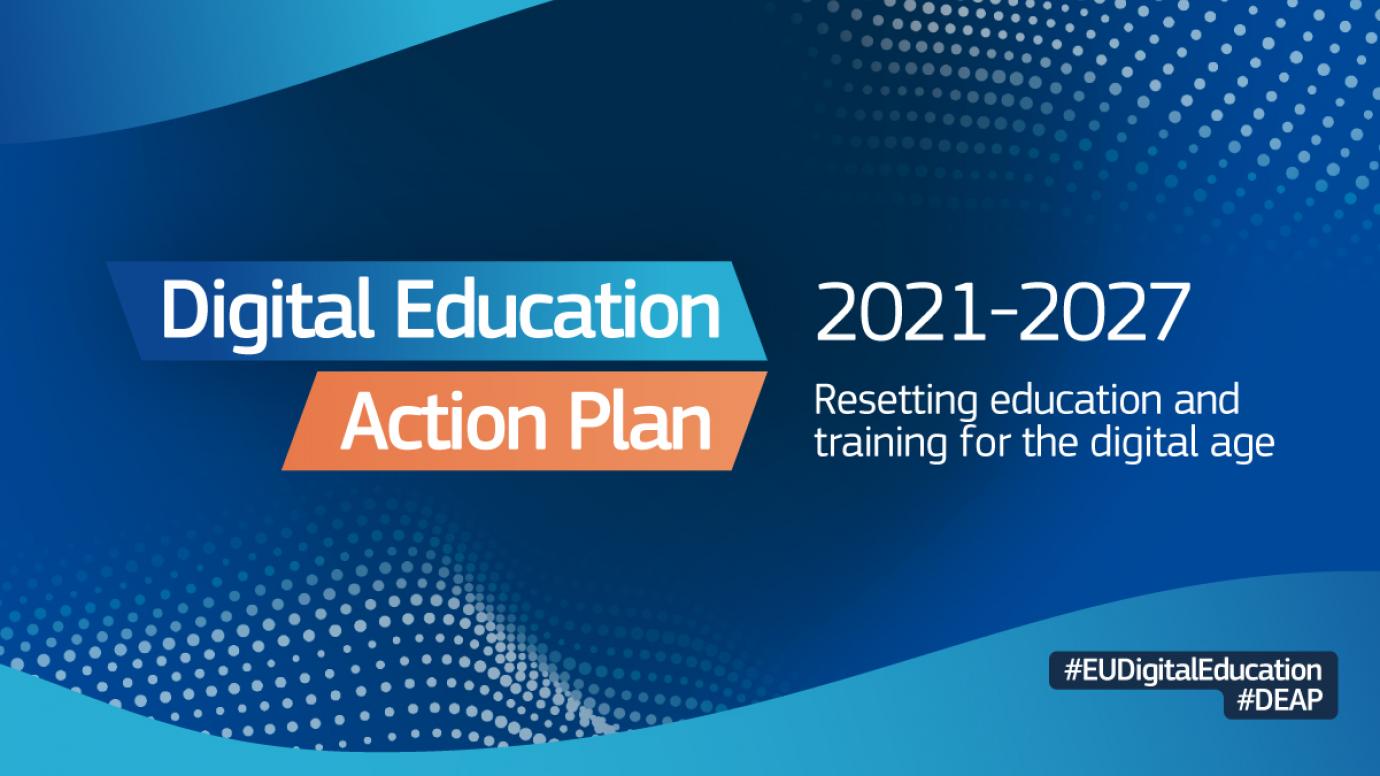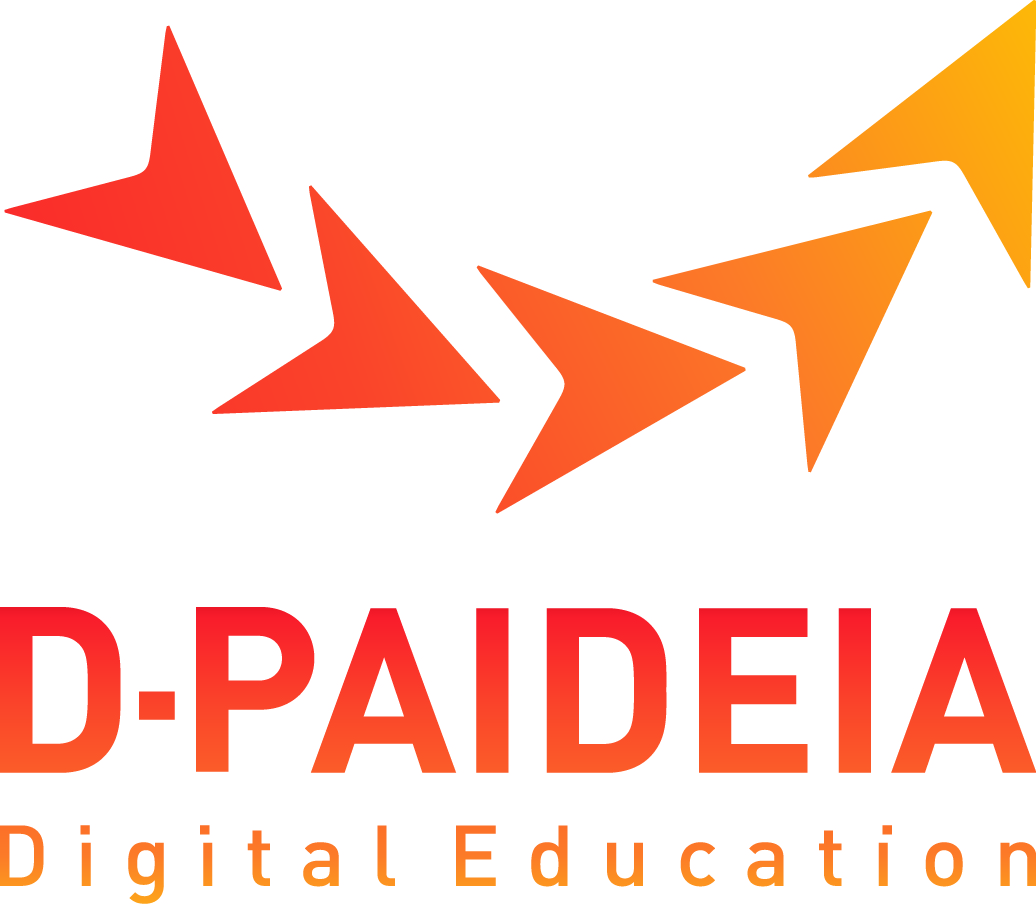EU Initiatives


Link to EU Policy and Initiatives
This project idea is very much linked to EU policies and initiatives because it aims to update and foster an EU tool, DigCompEdu, it is based on the results of the research that was developed by the European Commission (in which some staff members of the consortium have contributed as researchers) and it is also very much linked to the Digital Education Action Plan (2021-2027), especially Strategic Priority 1, Fostering the development of a high performing digital education ecosystem. There, it is mentioned that “Digital education content and training in digital skills – including digital teaching methods – will be essential for staff” and also that “Effective digital capacity planning and development is vital for education and training systems”. The project addresses both priorities, the first through the development of a qualification framework, based on DigCompEdu, and the second through the support of the development of Pedagogical Digital Development Strategies at the level of an educational institution.
Purpose and Scope
The proposal clearly addresses the priority 1 of LOT1 “Supporting high quality and inclusive digital education, in line with the Digital Education Action Plan”. It aims to empower educators to deploy skillfully digital technology in order to be able to support high quality and inclusive education for all learners by supporting them to address real problems that became evident during the pandemic and hindered both the quality and the inclusiveness of the education. It also aims to support educational institutions, especially the ones that host the most vulnerable students, to develop, review and update digital development strategies at the level of an educational institution through the use of a whole school approach.
More specifically, the project addresses the area 1) Key success factors for inclusive and high-quality digital education and training. Taking into consideration all the interrelated factors, the project is focusing on specific factors that emerged from the experience of the pandemic such as the need to develop the pedagogical digital competencies of the teachers, the support of the social and emotional development of the students in a digital environment, the promotion of digital well-being of the teachers and students etc.
These factors will be examined both in the local level (through the development of digital strategies at the educational institutional level) but also through the examination of other factors including teacher training curricula and approaches, guidelines from educational authorities etc.
